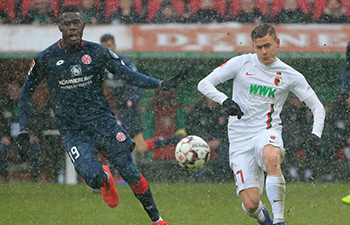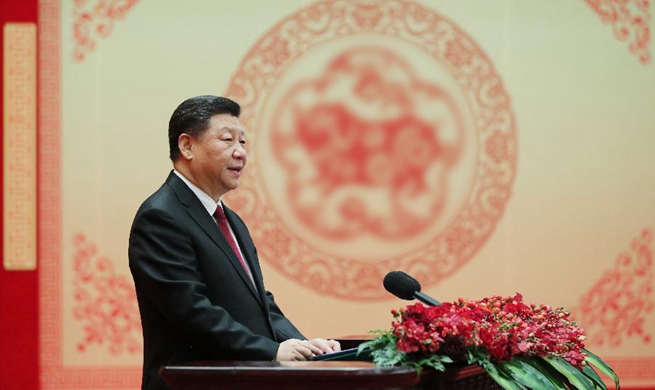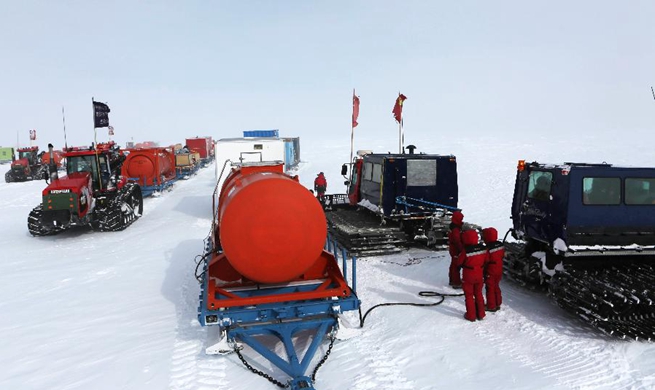BERLIN, Feb. 4 (Xinhua) -- The Ifo Economic Climate Index has plummeted from 6.6 points in the fourth quarter of 2018 to minus 11.1 points in the first quarter of 2019, the German Ifo Institute announced on Monday.
"The pace of economic growth in the eurozone is likely to slow down," said Clemens Fuest, president of the Ifo Institute. It is the first time since 2014 that the Ifo Economic Climate Index has a negative value since 2014. The euro area results are based on 411 expert reports from Germany, France, Italy, Spain, the Netherlands, Belgium, Austria and Finland.
Experts are increasingly pessimistic about future exports, investments, and private consumption, said Ifo President Clemens Fuest. Short- and long-term interest rates were likely to "rise more slowly in the next six months" and share prices are expected to fall in the "near future".
Pauliina Sandqvist, eurozone expert at the Ifo Institute, told Xinhua on Monday that the "collapse of the economic climate" in the eurozone was mainly due to global trade disputes and the upcoming withdrawal of Great Britain from the European Union.
In France, where economic expectations had "downright crashed", national factors such as the protests of the so-called yellow vests would add to the worsened economic situation, said Sandqvist.
In the first quarter of 2018, economic climate in the eurozone stood at 43.2 points, the highest level since 2000.
Although the economic climate in Germany had fallen less sharply than in other eurozone countries, Germany was also suffering from the "general slowdown in the global economy", added Sandqvist.
In January, the Ifo Business Climate Index for Germany fell from 101.0 points in December to 99.1 points in January, dropping to its lowest level since February 2016. "The German economy is experiencing a downturn," said Ifo President Clemens Fuest.
The German government had also lowered its economic forecasts in January and is currently expecting its gross domestic product to grow by only one percent in 2019.













